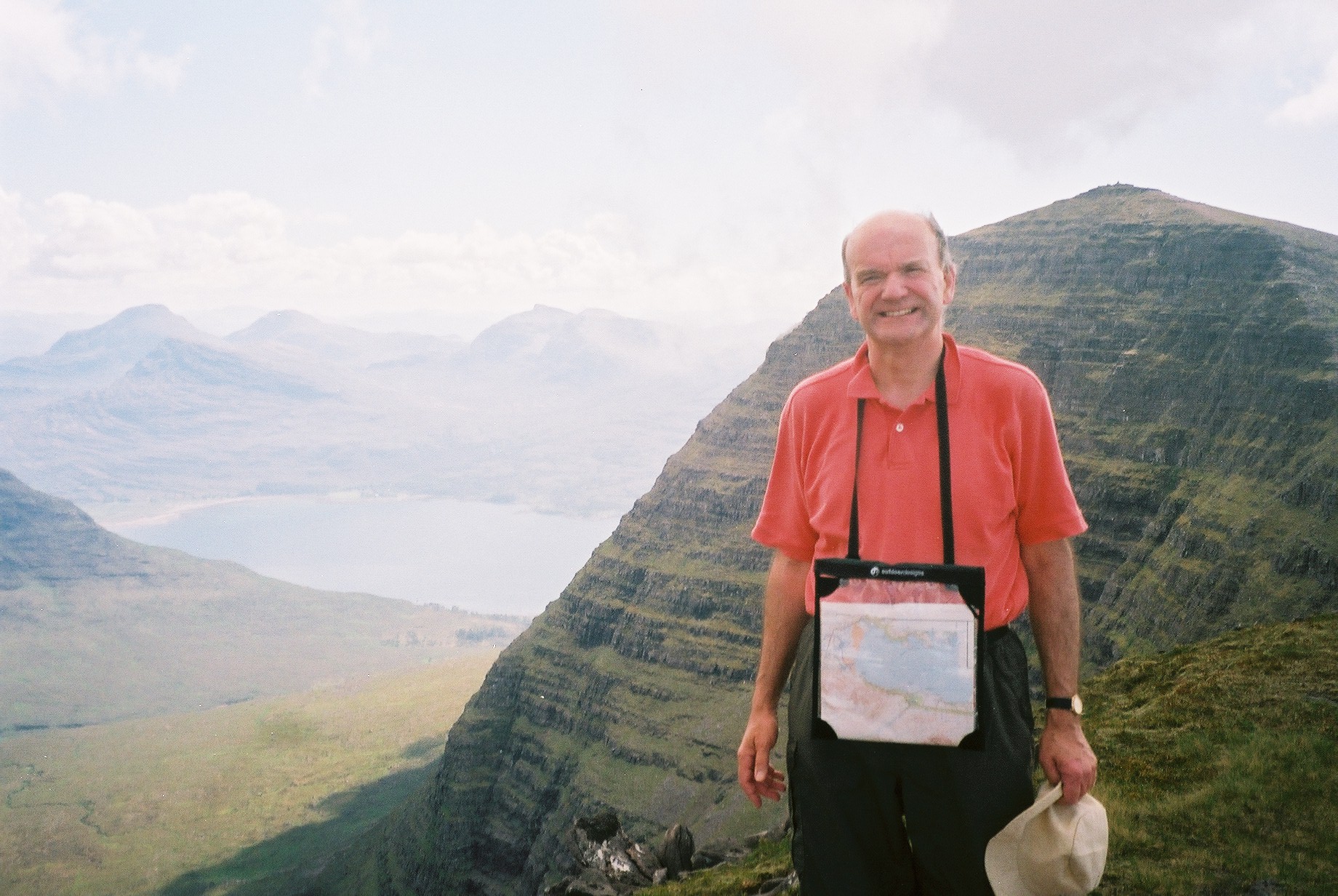Meet the team: John Wilson

What is it like being a scientist?
It is hard work and great fun: hard work to keep up with the rapid pace of research and to try o to contribute effectively and great fun from the enjoyment of understanding new concepts and of sharing this new knowledge with others.
What inspired you to become a scientist?
As youngsters, we almost all wanted to be scientists. In the UK in the 1960s, science and technology reigned supreme in our minds: the race to the Moon was in full swing; nuclear power seemed the clear solution to our energy needs; solid state transistors had replaced valves and electronic devices were entering our everyday lives. As there seemed to be universal enthusiasm for science, it was natural to want to join in.
What is the best thing about being a scientist / your job?
The combination of teaching and research produces a marvellous variety: particle physics research with the Birmingham group on the ATLAS experiment at the Large Hadron Collider at CERN is both strenuous and exciting while teaching physics undergraduates keeps me constantly on my toes.
If you could go back in time which scientist would you like to meet and what would you ask them?
Michael Faraday- just looking over his shoulder as he devised and performed his electromagnetic experiments.
What do you do in your free time?
Being with my family, hiking, gardening (though digging more than planting) and, in case life becomes
too calm and straightforward, supporting Aston Villa.
What is the first science you remember doing?
I recall fondly science classes at school: growing crystal in copper sulphate solution and investigating the mechanical equivalent of heat with pulleys paddles and calorimeters. Mercury was particularly intriguing; we enjoyed poking our fingers into it and watching heavy objects float on its surface.
What advice would you give a school child who is interested in science/How would you inspire a child/non-scientist to be interested in the work you do?
When starting in science, do not be selective in what you study – I am sure all subjects will give great satisfaction once you have reached a certain threshold. But, whatever your interests, do ask lots of questions.
What’s the funniest/strangest/most surprising experience you have had in your career?
As a research student, I spent some hours sitting inside a large magnet while checking the operation of some spark chambers – no problem except that my teeth ached! When I moved my head in the magnetic filed, eddy currents were set up in my metallic tooth fillings and these were the cause of my discomfort.
What discovery or invention could you really not live without?
Many things but I guess the generation and distribution of electrical power underpins our way of life.
What do you think is the most important thing yet to be discovered/invented?
We seem to be reaching a limit in the energies to which we can accelerate particles in conventional machines (i.e. via electric and magnetic fields). We need a new mode of acceleration. Several methods are under investigation but a new (not too expensive) technique would be most welcome!







